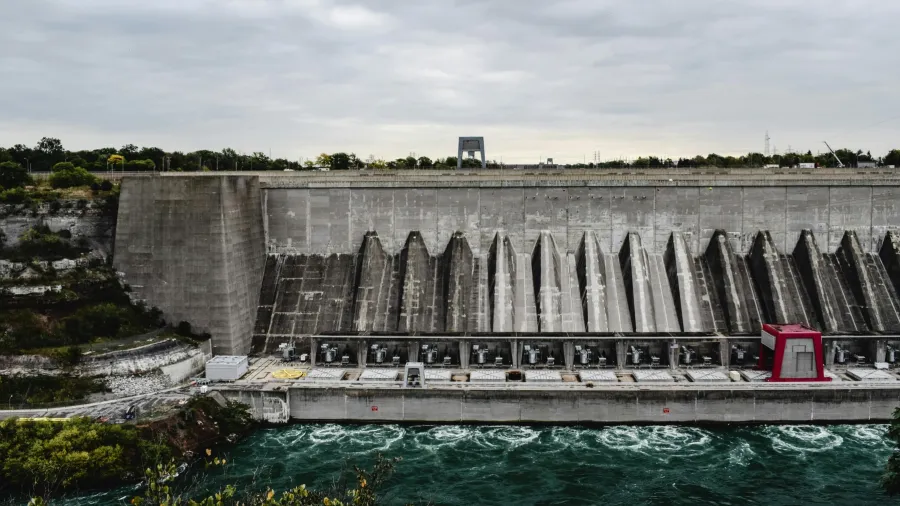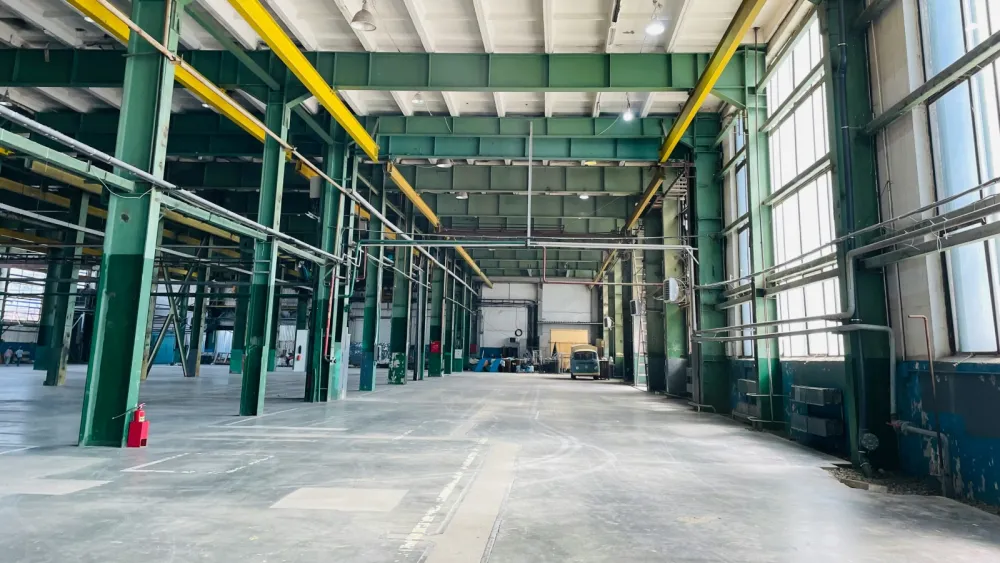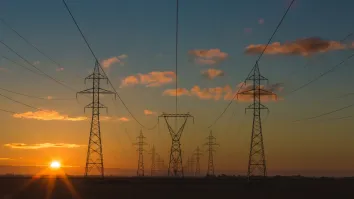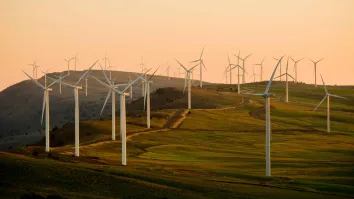
India to invest $35.4m in Nepal’s 900-MW hydro project
This is in collaboration with SJVN Limited.
The Indian Renewable Energy Development Agency Ltd. (IREDA) has approved a $35.4m (INR290 crore) investment in a 900 megawatt hydroelectric power project in Nepal.
This investment, which was in collaboration with SJVN Limited, will give IREDA up to 10% shareholding in the Upper Karnali Hydro-Electric Power Project.
“The 900 MW project is a significant step towards harnessing Hydropower potential in Nepal, contributing to regional energy security and sustainable development,” said Pradip Kumar Das, chairman and managing director of IREDA.
The company said this project will proceed subject to approval from the Government of India and other regulatory authorities.
$1 = INR82


















 Advertise
Advertise






